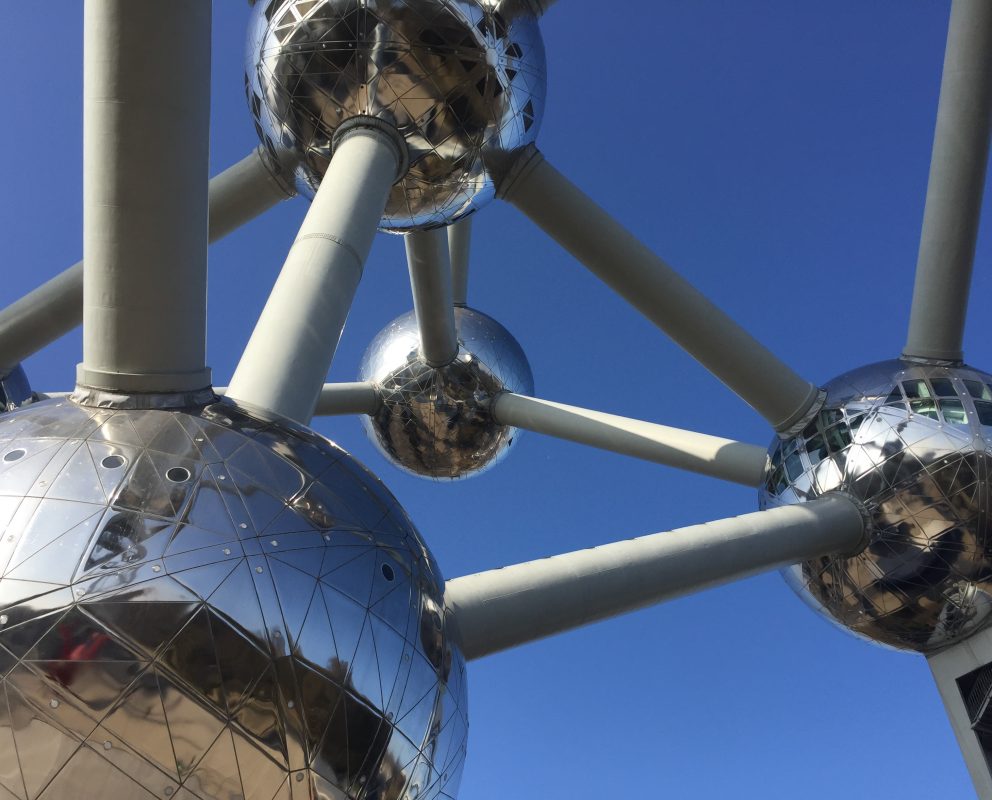The GCRF Delivery Partners have recently launched the UK Strategy for the Global Challenges Research Fund, which outlines the Delivery Partners’ vision for GCRF over the lifetime of the fund (2016-2021). It focusses specifically on how GCRF will contribute to realising the ambitions of the UK aid strategy and to making progress on the global effort to address the UN Sustainable Development Goals (SDGs).
Culture and Heritage are now understood to play an integral role in both enabling and driving international development and to be central to meeting the SDGs. However, there is unequal knowledge across the UK Heritage Research community regarding GCRF, the SDGs and how heritage research might contribute to them.
The Global Challenges Research Fund (GCRF) is a £1.5 billion fund announced by the UK Government to support cutting-edge research that addresses the challenges faced by developing countries. GCRF forms part of the UK’s Official Development Assistance (ODA) commitment over the period, which is monitored by the Organisation for Economic Cooperation and Development (OECD). ODA-funded activity focuses on outcomes that promote the long-term sustainable growth of countries on the OECD Development Assistance Committee (DAC) list. GCRF funding must be awarded in a manner that fits with Official ODA guidelines.
The GCRF Delivery Partners have recently launched the UK Strategy for the Global Challenges Research Fund, which outlines the Delivery Partners’ vision for GCRF over the lifetime of the fund (2016-2021). It focusses specifically on how GCRF will contribute to realising the ambitions of the UK aid strategy and to making progress on the global effort to address the UN Sustainable Development Goals (SDGs).
Culture and Heritage are now understood to play an integral role in both enabling and driving international development and to be central to meeting the SDGs. However, there is unequal knowledge across the UK Heritage Research community regarding GCRF, the SDGs and how heritage research might contribute to them.
This workshop aimed to explore the intersections and relevance of heritage research to the GCRF research agenda, supported by case study presentations by GCRF-funded heritage researchers and relevant RCUK representatives.
The day was split into three sections, which focused specifically on:
- Designing challenge-led and interdisciplinary heritage research;
- Strengthening capacity for challenge-led heritage research in the UK and developing countries;
- Addressing development needs: embedding ODA compliance within heritage research.
For more detail on the speakers and their projects, please see the programme for the day.
We also had the fantastic Somang Lee from Scriberia join us for the Workshop, who created this amazing illustration of the event.
Speakers included:
Mark Claydon-Smith, RCUK’s GCRF Programme Manager
Dr Neelam Raina, Middlesex University
The Value of Culture in Conflict – Investigating the Sustainable Livelihood Generation for Craftswomen in Azad Kashmir
Professor Christopher Whitehead, Gonul Bozoglu, and Tom Schofield, University of Newcastle
The Katip-Celebi Newton fund project Plural Heritages of Istanbul: the case of the Land Walls
Professor Helen Chatterjee, University College London
Co-developing a method for assessing the psychosocial impact of cultural interventions with displaced people: Towards an integrated care framework
Professor Eleanor Robson, University College London
The Nahrein Network: Fostering the Sustainable Development of Middle Eastern Antiquity and Heritage
Professor Rodney Harrison, University College London
Restricted Access Pilot Project: Interdisciplinary perspectives on clean energy production and landscape conservation in North Patagonia
Dr Nicola Dempsey, University of Sheffield
Reflecting on the river: rapid urbanisation and representations of Indian cultural heritage
Professor Nicholas Thomas and Lucie Hazelgrove-Planel, University of Cambridge
Heritage matters: Culture and Development in the Pacific
Professor Robin Coningham, Durham University
Promoting the Promotion of Heritage Sites in Nepal’s Western Terai in the Face of Accelerated Development & Can We Rebuild Kasthamandap? Promoting Post-Disaster Rescue Excavations, Salvage and Subsurface Heritage Protection Protocols in Kathmandu
Dr Jelke Boesten, King’s College London
Debating, Performing & Curating Symbolic Reparations and Transformative Gender Justice in post conflict Societies
The workshop provided participants with the opportunity to:
- Learn more about GCRF’s strategy and the OECD ODA guidelines;
- Engage with GCRF themes;
- Share their research alongside other researchers involved with GCRF projects and address some of the opportunities and challenges of GCRF funding;
- Form new networks and partnerships between and across institutions and the heritage sector;
- Develop research agendas in line with GCRF aims;
- Contribute to discussions which will shape future funding calls in this area.
Close
